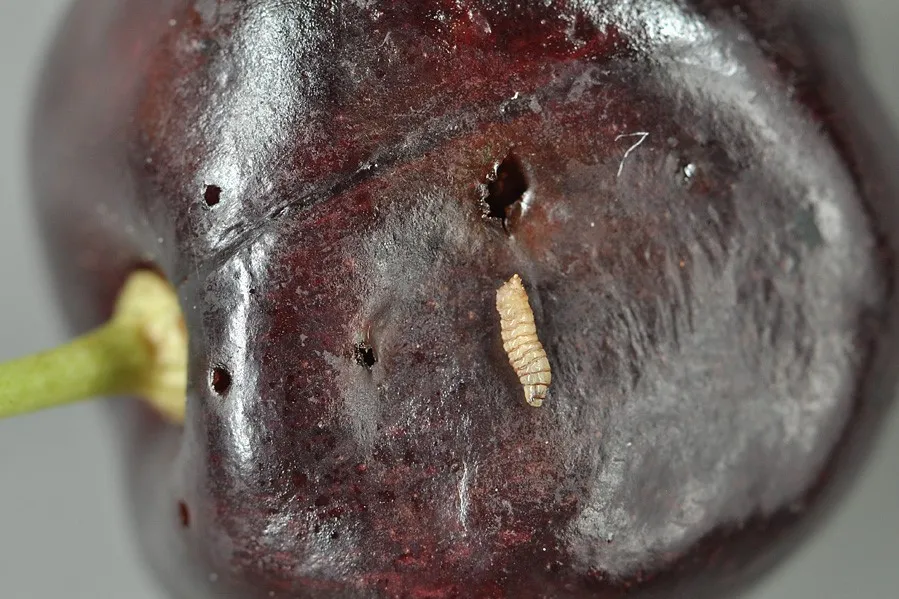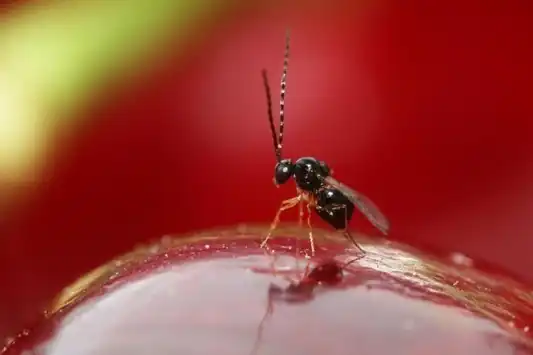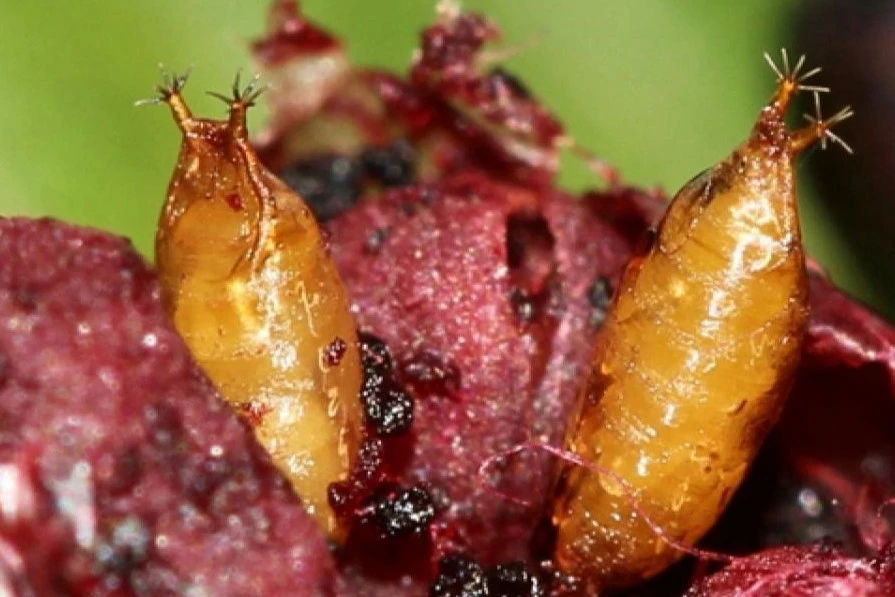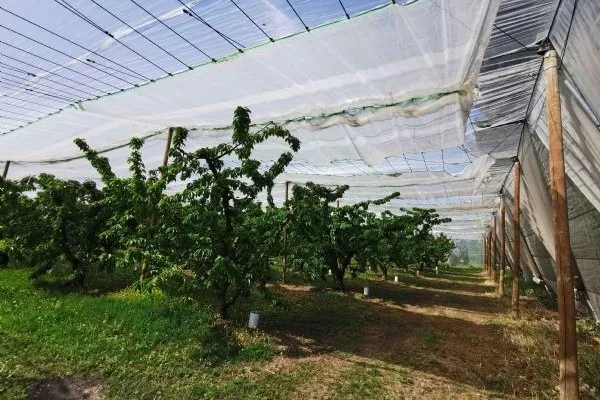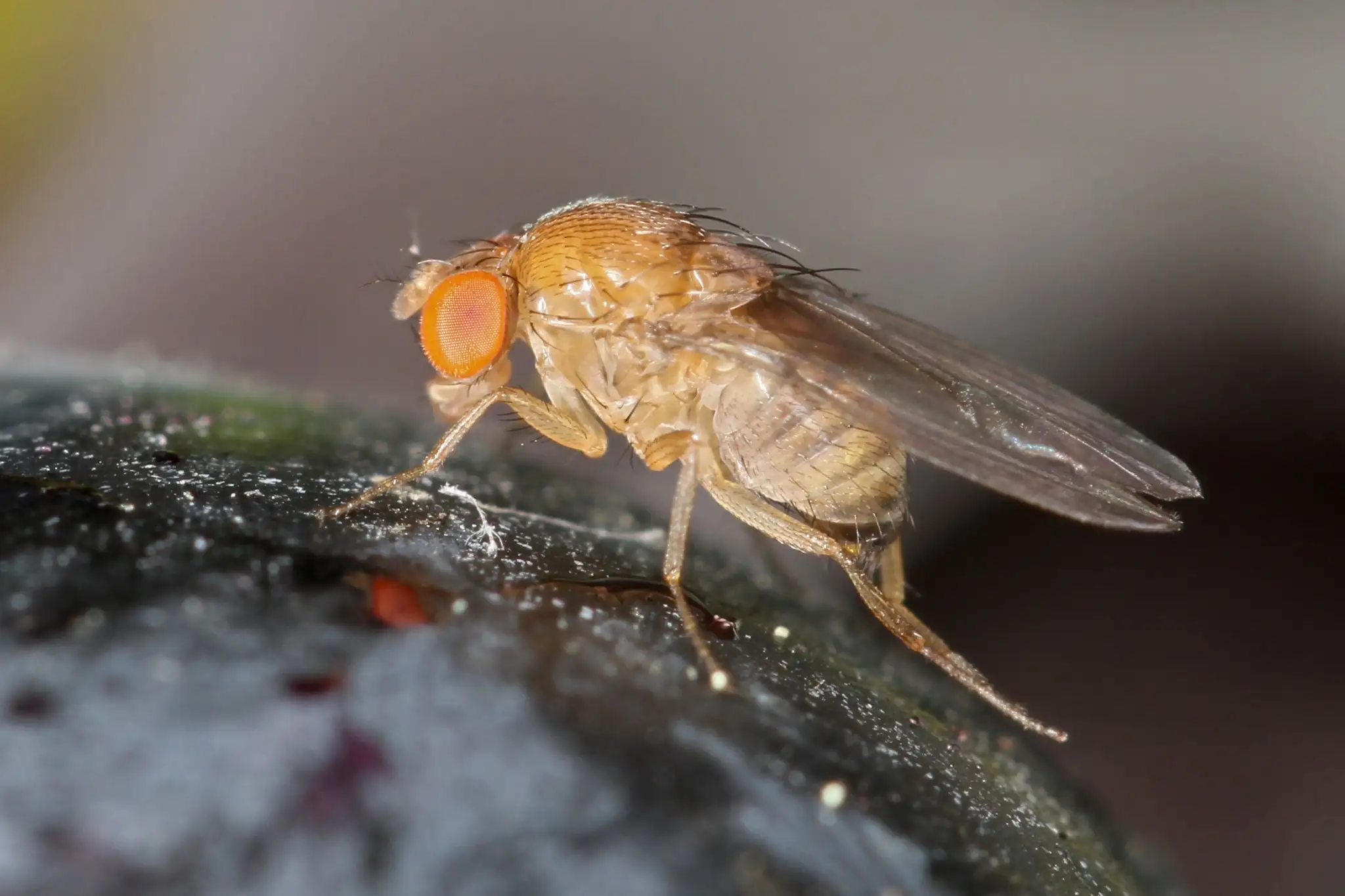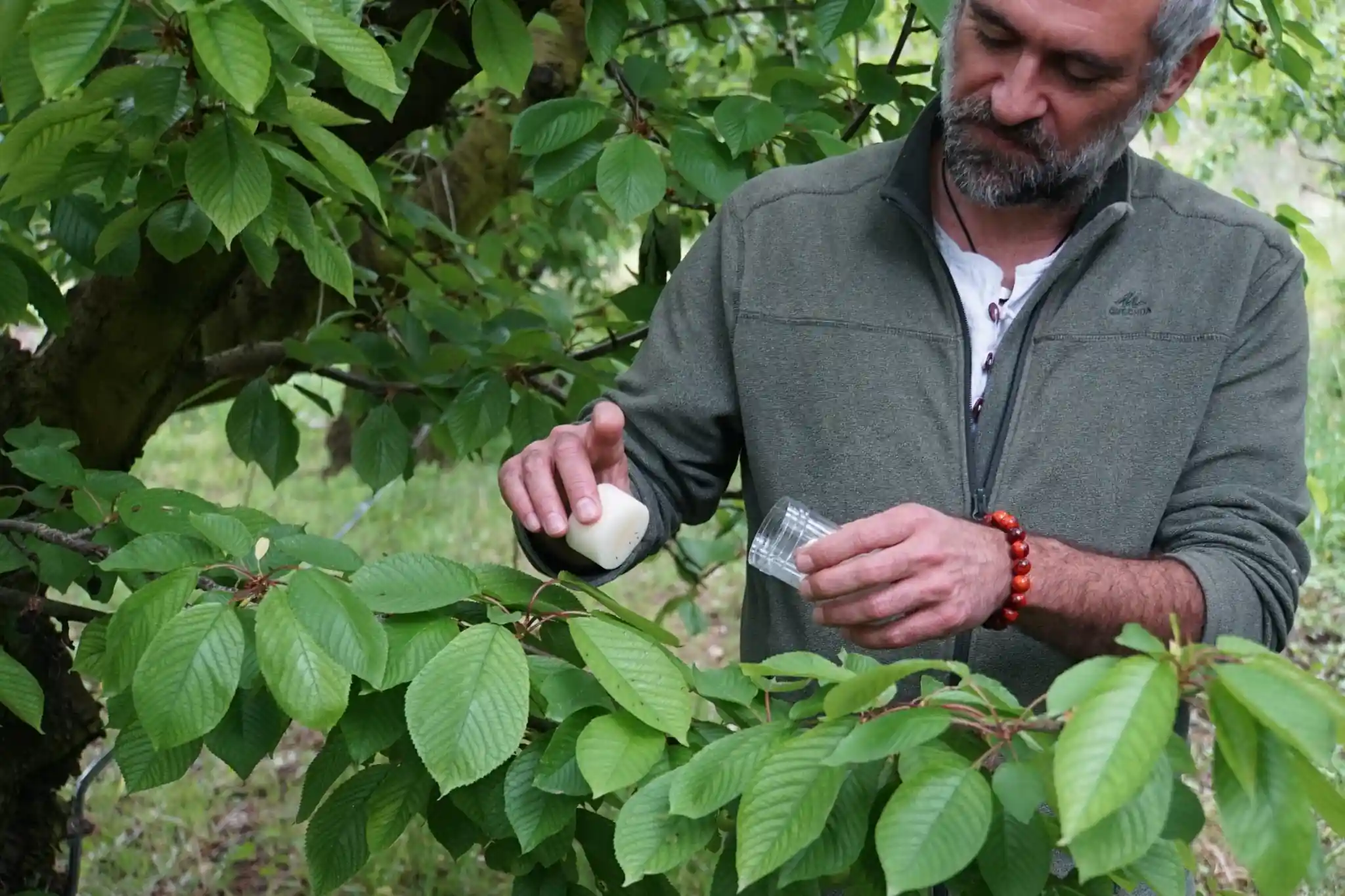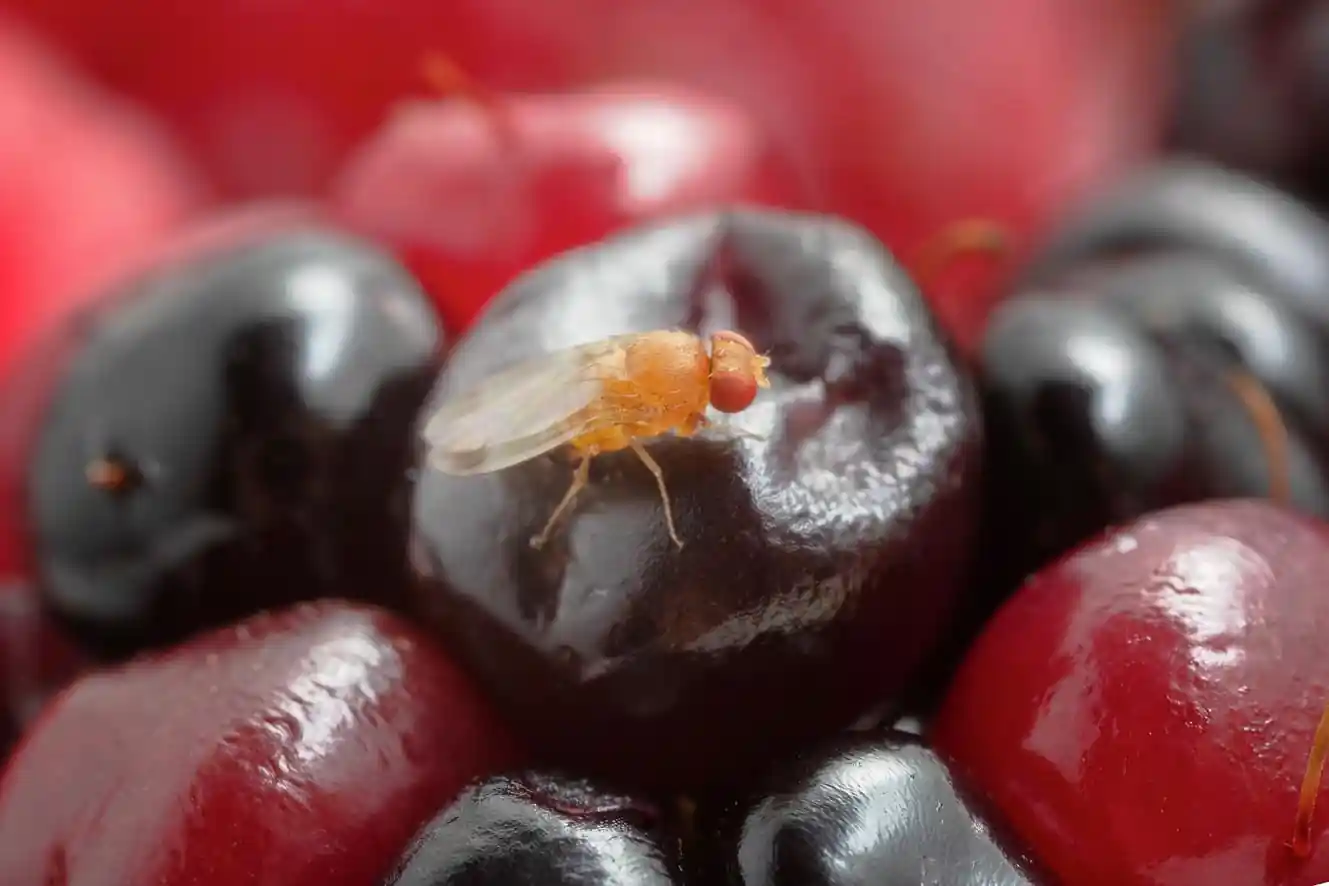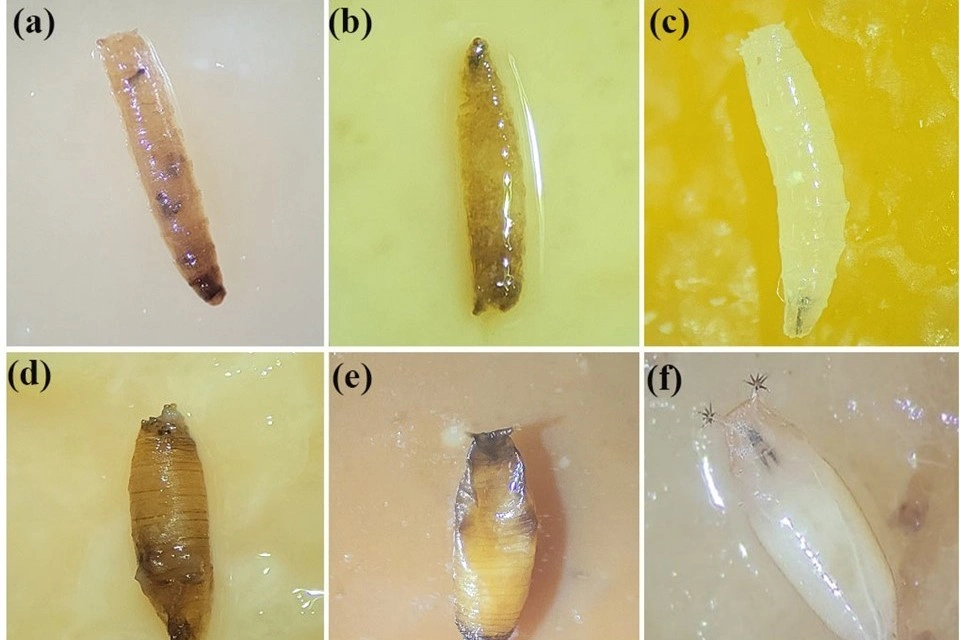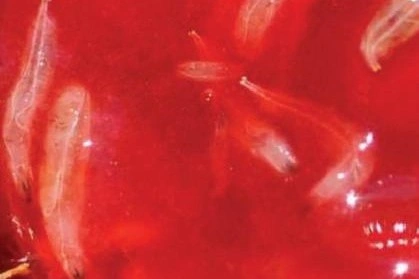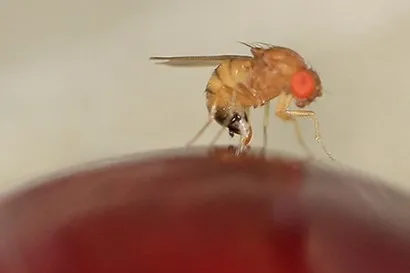Drosophila suzukii in France: winter fruits reveal new control strategies
12 Sep 2025
A study in France explores the effects of ornamental winter fruits on Drosophila suzukii, an invasive pest damaging soft fruit crops. Researchers tested thermal regimes to evaluate survival, reproduction, and potential strategies for biological control and prevention.




